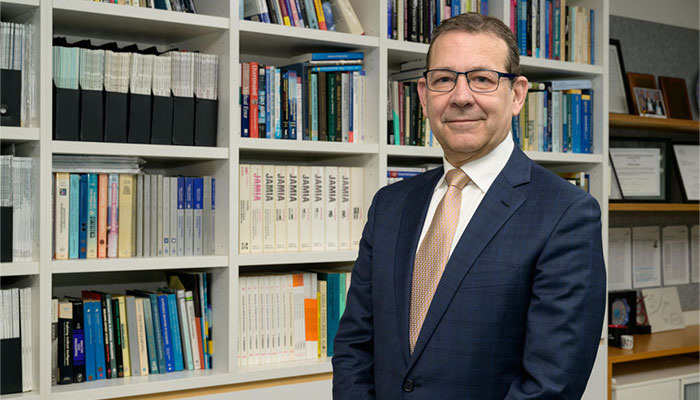After assessment of the Department of Chiropractic, and many consultations with key stakeholder groups and interested parties, the University has approved a proposal for the continuation and development of teaching and research in the department.
The proposal outlined potential for greater and more rigorous research into the field, and highlighted the impact that such research could have on chiropractic around the world. In Australia, the chiropractic and osteopathic services market is valued at almost $1 billion annually. By applying evidence-based research practices to the study and curricular development of this field, the department can ensure that Australians experience the best possible care at the hands of highly qualified graduates using the most up-to-date and scientifically sound chiropractic research.
The department will develop a strong statement of commitment to evidence-based practice that all members of the department and casual staff will be expected to adhere to and actively promote. The statement will build on a similar document published by a number of departments internationally—including in the UK, Switzerland, Denmark, and South Africa—to which the department is already a signatory.
In addition, there will be consideration of structural changes to the degree programs currently offered to bring them into alignment with the rest of the University and increase cross-disciplinary opportunities for study and research.
The department has always been distinctive and authoritative in its discipline. With a renewed commitment to academic excellence and investigative rigour, it will inform chiropractic practice nationally and lead professional bodies toward a completely evidence-based approach in the future.
The proposal outlined potential for greater and more rigorous research into the field, and highlighted the impact that such research could have on chiropractic around the world. In Australia, the chiropractic and osteopathic services market is valued at almost $1 billion annually. By applying evidence-based research practices to the study and curricular development of this field, the department can ensure that Australians experience the best possible care at the hands of highly qualified graduates using the most up-to-date and scientifically sound chiropractic research.
The department will develop a strong statement of commitment to evidence-based practice that all members of the department and casual staff will be expected to adhere to and actively promote. The statement will build on a similar document published by a number of departments internationally—including in the UK, Switzerland, Denmark, and South Africa—to which the department is already a signatory.
In addition, there will be consideration of structural changes to the degree programs currently offered to bring them into alignment with the rest of the University and increase cross-disciplinary opportunities for study and research.
The department has always been distinctive and authoritative in its discipline. With a renewed commitment to academic excellence and investigative rigour, it will inform chiropractic practice nationally and lead professional bodies toward a completely evidence-based approach in the future.



